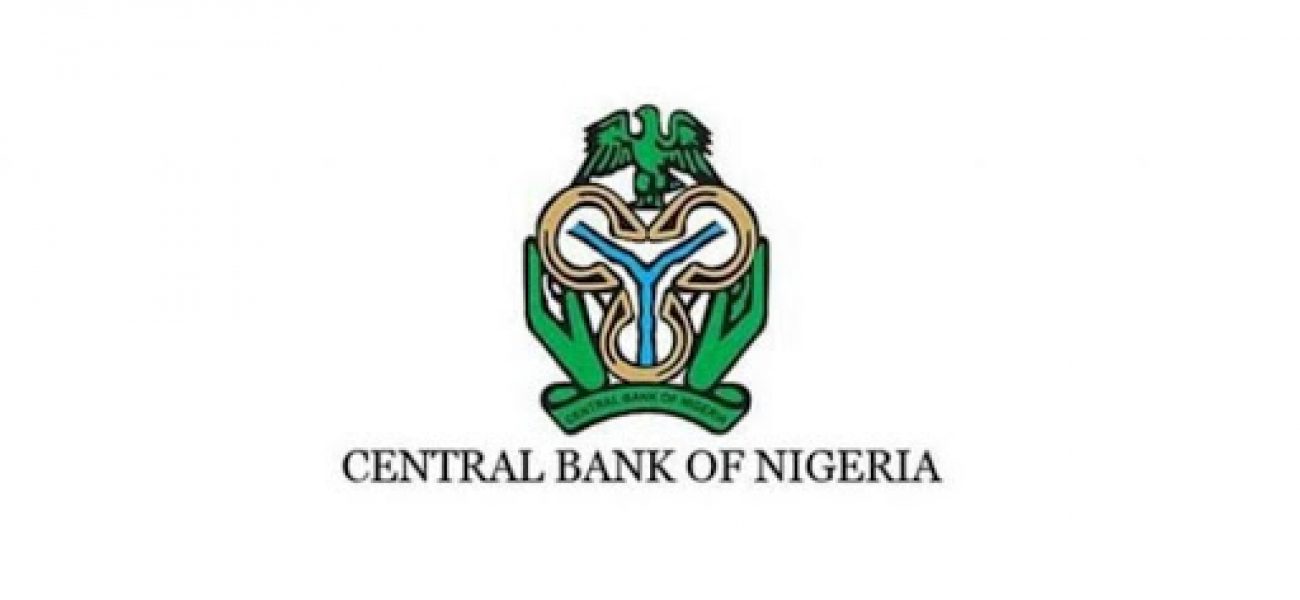A bill to amend the Central Bank of Nigeria (CBN) Act, 2017 to Strengthen the Bank and for related matters, sponsored by Senator Darlington Nkwocha passed for Second Reading in the Senate on Wednesday, October 25. The bill introduces the office of a Chairman of the Board of the CBN with a five-year tenure, distinct from the office of the Governor of the Central Bank. It also increases the number of Deputy Governors of the CBN from four to five.
The bill amends section 6 of the principal Act to introduce a new membership for the Board of the Central Bank to comprise a Chairman, the CBN Governor, five Deputy Governors, Permanent Secretary of the Federal Ministry of Finance, five non-Executive Directors and the Accountant General of the Federation. It provides that each of the Deputy Governors shall be appointed from a region other than the region the CBN Governor comes from. The amendment to section 6 also introduces a provision that the CBN shall have an Internal Audit Department that submits reports and makes recommendations to the Board.
The bill amends section 8 of the CBN Act to state that the Chairman of the CBN shall be appointed by the President and that neither the Chairman, Governor nor Deputy Governors can engage in or be members of any political party until three years after their disengagement from office. The amendment also makes the Board rather than the CBN Governor responsible for keeping the President informed on the affairs of the Bank, including providing reports on the Central Bank’s Budget.
The amendment to section 12 of the CBN Act confers power on the Chairman of the Board to appoint two members of the Board of Directors to the CBN’s Monetary Policy Committee.
In section 8 of the First Schedule to the principal Act, the bill gives the Chairman a special responsibility alongside the Governor and Deputy Governor for the organisation and management of the Bank, overseeing records of transactions by the Bank, safekeeping of its assets and the discharge of duties by employees of the Bank. The power of the Governor to define the responsibilities of each of the Deputy Governors and delegate his duties to them is subject to consultation with and approval of the Chairman of the Board. Also, the Governor’s power to assign or re-assign the Deputy Governors is subject to consultation with and approval of the Chairman.
It appears that this amendment seeks to introduce greater checks in the leadership of the CBN by separating the Chairman of the Board from the CBN Governor and subjecting the exercise of some of the powers of the CBN Governor to approval by the Chairman. Also, the amendment seeks to insulate the leadership of the CBN from partisan politics by prohibiting the Chairman, Governor and Deputy Governors of the Bank from being members political parties of or engaging in political party activities for the duration of their tenure and even up until three years after that. This is ostensibly to avoid a reoccurrence of the controversy that unfolded ahead of the 2023 general elections, in which the immediate past CBN Governor, Godwin Emefiele emerged as a presidential aspirant under the All Progressives Congress. A development that was met with disapproval by the generality of Nigerians and adjudged unethical.

